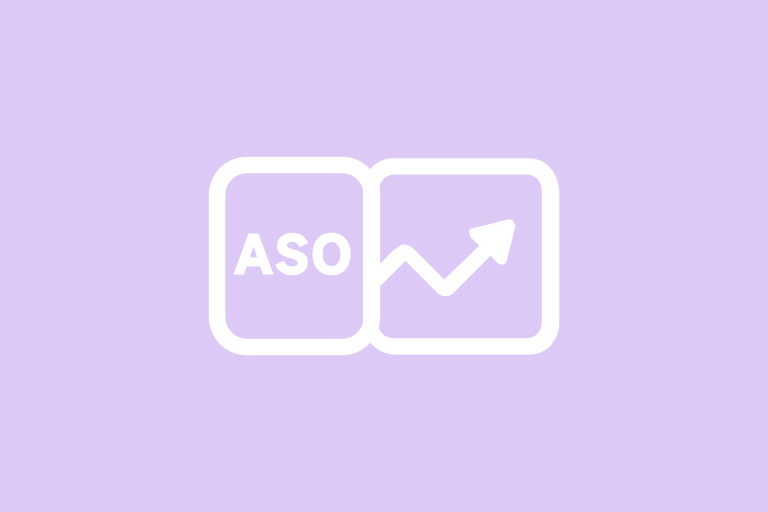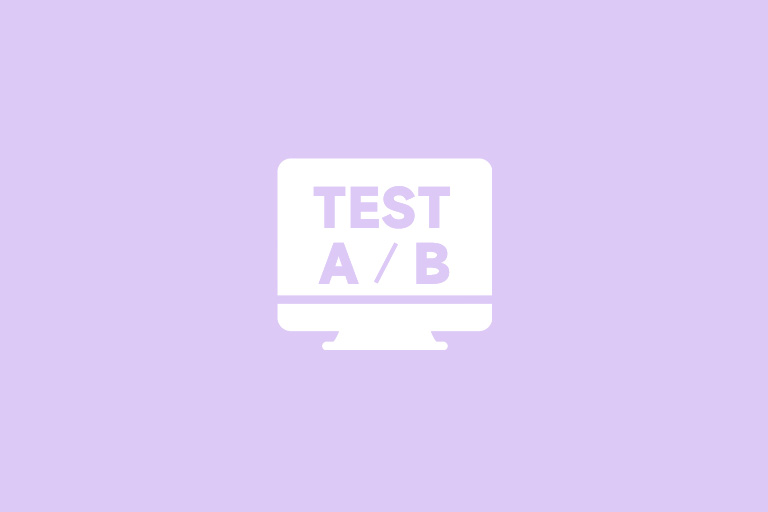App Store Optimization (ASO) effectiveness is a critical aspect of app marketing, ensuring that apps rank higher and attract more installs. This article explores the process of evaluating ASO effectiveness, including iterative improvements and identifying app growth hypotheses.
Each of these iterations is essential for shaping a comprehensive ASO strategy, ensuring that the app is strategically positioned to attract and engage its target audience effectively. By systematically addressing these iterative stages, app developers and marketers can optimize their apps for increased visibility, discoverability, and user engagement within the competitive app marketplace.
For instance, a simple alteration such as changing the app icon color led to a substantial 32% increase in app conversion. This exemplifies the potential impact of visual elements on user behavior and the importance of continually refining visual and textual elements to drive user engagement and conversion.
For example, a strategic approach to keyword additions led to a notable increase in page conversion and a doubling of organic traffic, showcasing the potential impact of metadata optimization on app performance and user engagement.
By systematically testing and implementing these strategies, app developers and marketers can identify growth hypotheses that effectively enhance the app's visibility, discoverability, and user engagement within app stores. App developers can easily do this via FoxData.
ASO Iterations
App Store Optimization (ASO) iterations involve a series of systematic and strategic steps aimed at enhancing an app's visibility and performance within app stores. Each iteration plays a crucial role in refining the app's presence and ensuring its relevance to potential users. Here's a detailed breakdown of ASO iterations:1. Covering the Semantic Core
The initial phase focuses on expanding the semantic core, which involves identifying and incorporating a wide array of relevant keywords for which the app can rank. This process requires meticulous keyword research and analysis to understand the full spectrum of potential search queries related to the app's functionality and purpose. The goal is to ensure comprehensive coverage of keywords that align with the app's offerings and user intent.2. Narrowing the Semantic Core
Following the expansion of the semantic core, the next phase involves narrowing down the focus to specific, high-potential keyword groups. This stage aims to refine the semantic core by identifying and targeting keyword clusters that are most relevant and beneficial for App Store Optimization. By analyzing various semantic cohorts and optimizing metadata for these specific keyword groups, the app's visibility and relevance can be significantly enhanced.3. Maximizing App Installs
The final iteration stage is dedicated to maximizing app installs by strategically improving keyword performance and overall app visibility. This phase involves elevating the app's presence for relevant users by focusing on enhancing keyword rankings and search performance. The goal is to move relevant queries from lower positions to the top rankings within app stores, thereby increasing the app's discoverability and driving more organic installs.Each of these iterations is essential for shaping a comprehensive ASO strategy, ensuring that the app is strategically positioned to attract and engage its target audience effectively. By systematically addressing these iterative stages, app developers and marketers can optimize their apps for increased visibility, discoverability, and user engagement within the competitive app marketplace.
Finding the App Growth Hypothesis
The process of finding the app growth hypothesis involves identifying and testing various strategies aimed at enhancing an app's growth, visibility, and user engagement. This multifaceted approach encompasses two primary objectives, each designed to improve specific aspects of the app's performance within app stores.Purpose 1: Increasing App Conversion Rate
Enhancing the app conversion rate involves refining textual and visual metadata, app ratings, reviews, and the frequency of updates to influence user behavior positively. This may include strategic changes such as altering app icons, optimizing screenshots, and refining app descriptions to convey the app's value proposition effectively. Additionally, app ratings, reviews, and the frequency of updates can significantly impact user perception and, consequently, the app's conversion rate. By testing and implementing these changes, app developers can gauge the impact of these modifications on user engagement and installation rates or use tools like FoxData's ASO Impact Analysis Tool.For instance, a simple alteration such as changing the app icon color led to a substantial 32% increase in app conversion. This exemplifies the potential impact of visual elements on user behavior and the importance of continually refining visual and textual elements to drive user engagement and conversion.
Purpose 2: Maximizing App Installs
The second objective focuses on optimizing various metadata fields to influence the app's ranking in search results and drive increased organic traffic. This includes refining textual metadata such as the app title, subtitle, and keywords for the App Store, as well as the title, short description, and full description for Google Play. Additionally, additional localizations, in-app purchases, and strategic app ratings and reviews can significantly impact the app's discoverability and installation rates.For example, a strategic approach to keyword additions led to a notable increase in page conversion and a doubling of organic traffic, showcasing the potential impact of metadata optimization on app performance and user engagement.
By systematically testing and implementing these strategies, app developers and marketers can identify growth hypotheses that effectively enhance the app's visibility, discoverability, and user engagement within app stores. App developers can easily do this via FoxData.







